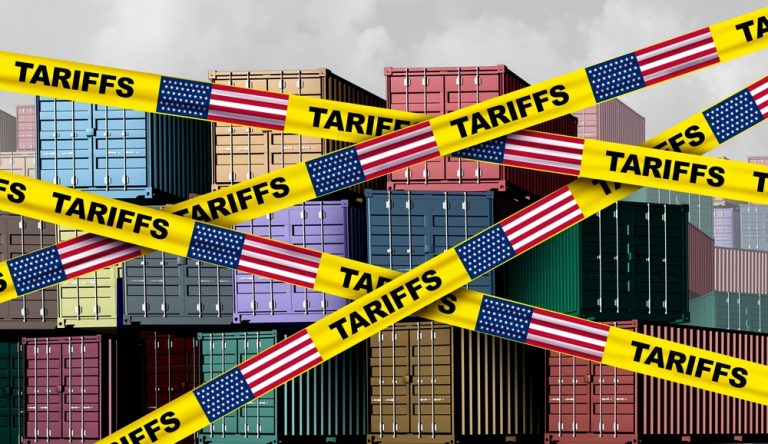President Defends Tariff Policy Amid Legal Challenge
President Donald Trump on Friday cautioned U.S. courts against striking down his tariff measures, arguing that such a decision could cause a severe economic downturn comparable to the Great Depression of 1929. Writing on his Truth Social platform, Trump said blocking the policy at this stage would undermine “the largest amount of money, wealth creation and influence the U.S.A. has ever seen” and claimed the country could never recover from such a setback.
The remarks come as a federal appeals court considers challenges to the administration’s use of the International Emergency Economic Powers Act of 1977 to impose higher tariffs. Former House Speaker Paul Ryan suggested this week that the Supreme Court could ultimately invalidate the duties. Trump criticized the timing of any adverse ruling, saying the courts should have acted earlier in the case to avoid placing the economy “in 1929 style jeopardy.”
Debate Over Presidential Authority and Economic Impact
Legal disputes over the tariffs center on whether the White House exceeded emergency powers granted by Congress. Alan Wolff, a senior fellow at the Peterson Institute for International Economics, said in a recent report that reversing the levies would create significant administrative challenges, including determining how refunds would be distributed. “This is a bell that cannot easily be fully unrung,” Wolff wrote.
Trump maintained that the tariffs have had a “huge positive impact” on the stock market, positioning them as a driver of economic growth. He has argued that the policy strengthens U.S. industries while encouraging companies to invest domestically.
Market Reactions to Tariff Shifts
Financial markets have shown sensitivity to changes in the administration’s tariff stance. In April, when Trump suspended the initial “liberation day” tariffs for 90 days, the Nasdaq Composite jumped 7% within minutes, and other major indexes also recorded strong gains that week. Sector-specific rallies have followed similar announcements, particularly when tariffs were eased on imports such as semiconductors. Companies including AMD, Marvell, and Apple saw share prices rise after being granted broad exemptions for U.S.-based manufacturing plans.
However, these gains have often been short-lived due to the administration’s frequent shifts in tariff messaging. More recently, markets have shown a muted response to tariff headlines, with investors adjusting to the volatility of the president’s trade policy statements.
Outlook as Court Decision Nears
The appeals court’s decision on the legality of the tariffs could carry significant implications for trade policy, corporate planning, and market stability. A ruling to overturn the measures may introduce uncertainty for industries that have adjusted to the current tariff regime, while a decision to uphold them would reinforce the administration’s trade approach.


